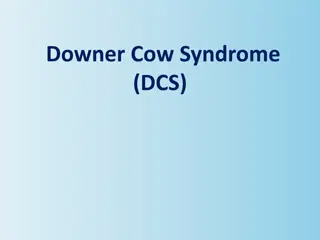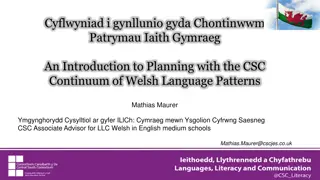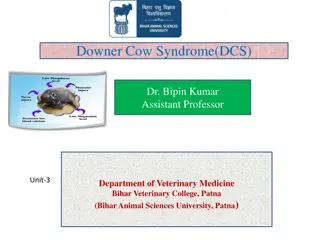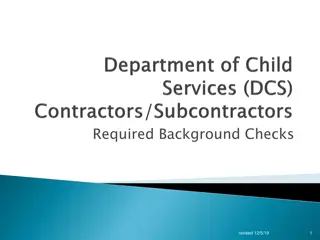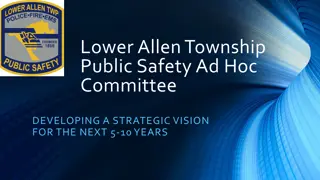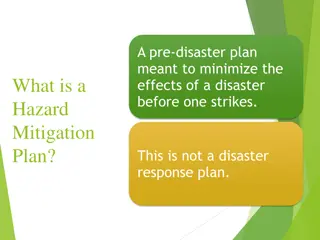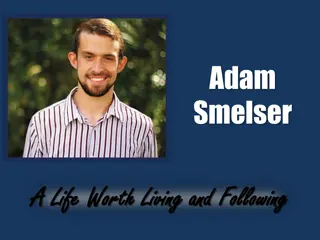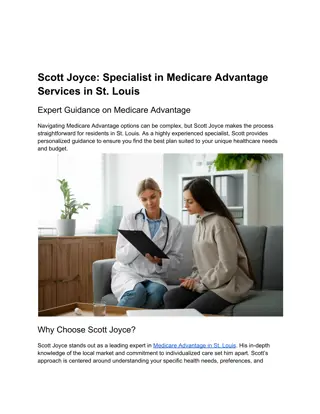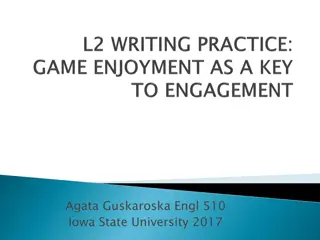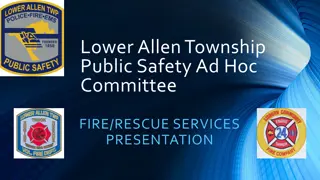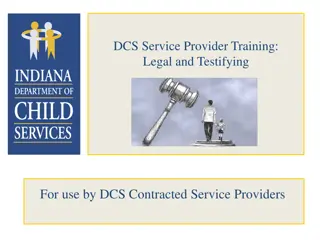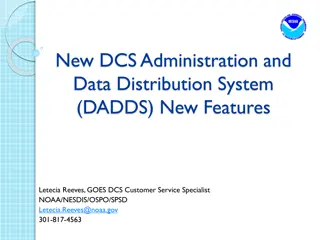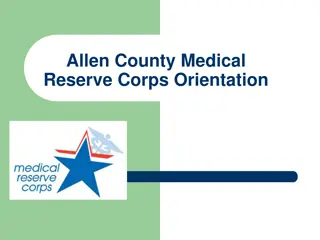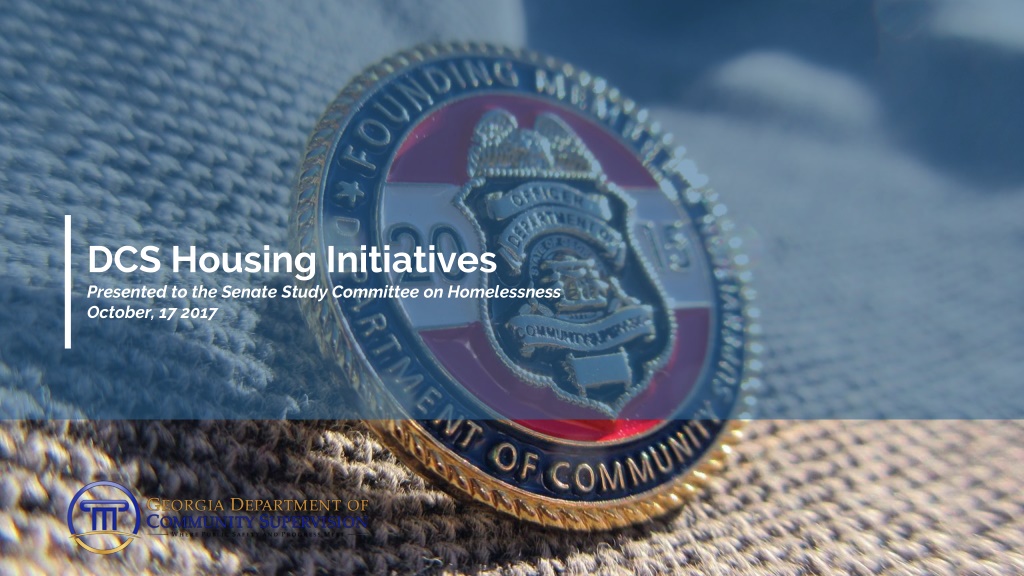
Georgia DCS Housing Initiatives for Offender Reentry Support
Discover the Department of Community Supervision's (DCS) housing initiatives presented to the Senate Study Committee on Homelessness. Explore the R.P.H. program, goals, and assessments aimed at enhancing reentry success for homeless offenders in Georgia.
Download Presentation

Please find below an Image/Link to download the presentation.
The content on the website is provided AS IS for your information and personal use only. It may not be sold, licensed, or shared on other websites without obtaining consent from the author. Download presentation by click this link. If you encounter any issues during the download, it is possible that the publisher has removed the file from their server.
E N D
Presentation Transcript
DCS Housing Initiatives Presented to the Senate Study Committee on Homelessness October, 17 2017
The DCS Mission As an integral part of the criminal justice system, we protect and serve all Georgia citizens through effective and efficient offender supervision in our communities, while providing opportunities for successful outcomes.
Currently, there are 766 offenders under DCS supervision that are homeless. 174 of these offenders are sex offenders. Current Data Approx. 50% (86) of the homeless sex offenders are homeless because of proximity restrictions.
DCS Initiatives ReEntry Partnership Housing (R.P.H.) Transitional Housing for Offender ReEntry (T.H.O.R.) Housing Coordinators
Assessments R.P.H. R.P.H. (ReEntry Partnership Housing) is a collaborative housing program between the Georgia Department of Community Supervision (DCS), Georgia Department of Corrections (GDC), and Georgia Department of Community Affairs (DCA) designed to cut spending and reinvest savings to further improve public safety.
R.P.H. Goals 1) Enhance reentry by establishing a progressive transition back to society under the guidance of CSOs. 1) Provide short-term financial assistance to help stabilize reentry process. 1) Save tax dollars by shortening incarceration for eligible participants. 1) Free up prison beds for Georgia s most violent offenders.
Why R.P.H.? A common obstacle to successful reentry is the lack of stable housing. Research shows there is a link between homelessness and offending. The barriers to housing for offenders -including those with mental health needs- is difficult for many to overcome on their own. Housing is a stabilizing force that provides a consistent base to access employment, treatment for mental health, or substance abuse disorders, and other support services.
R.P.H. Overview Using State Criminal Alien Assistance Program (SCAAP) funds from GDC, DCA pays approved housing providers to provide room and board to eligible placements. In most cases, housing providers are currently compensated monthly per placement for three months. Housing providers can be faith-based or secular; however, faith-based activities must be optional for R.P.H. placements. Housing providers serving participants with a mental health need are compensated at a higher rate and are equipped to provide for recommended treatment. Under the guidance of their Community Supervision Officer (CSO), participants are able to obtain a license, find a job, participate in prescribed programming, find their own home, and address any other needs they may have.
R.P.H Eligibility and Expansion R.P.H. is intended for problem residence cases: Granted parole, but cannot be released due to homelessness. Set to max-out of prison with probation supervision to follow. Recently released from custody, but became homeless post-release. No registrable sex offenses. No detainers or pending charges. No medical issues that would require a nursing home or personal care home. No delinquent reports for drug possession, assault with injury, assaulting an officer, or cell phone possession in the previous year. Expansion of RPH eligibility to all offenders under DCS was due to Georgia s criminal justice reforms and the GA-PRI. Currently in the process of expanding RPH to offenders sentenced in accountability courts.
R.P.H. Provider Numbers Currently 29 active R.P.H. housing providers 5 R.P.H. providers are willing/able to accommodate MH level 3 cases. Since inception of this process, we have successfully placed 9 MH level 3 cases. This is an increase of 7 during FY17. R.P.H. facilities are located in 8 of the 10 Judicial Districts. Current maximum bed space has reached our FY17 goal of 300. Since FY 2011, 3064 inmates granted parole have been placed in the R.P.H. program. 84% of these placements are either still on active parole or have successfully completed parole supervision.
DCS has 82 active housing providers in THOR: T.H.O.R. 18 - Structured Housing 30 - Standard Recovery 34 - Intensive Recovery Transitional Housing for Offender ReEntry (T.H.OR.) is an online directory of community- based housing options for offenders currently under community supervision. Structured Housing: Residents need a healthy and safe environment to live but are not required to attend substance abuse services or substance abuse counseling. Standard Recovery: Residents are required to attend 1 or more hours of substance abuse services or substance abuse counseling per week. Intensive Recovery: Residents are required to attend 5 or more hours of substance abuse counseling per week delivered by certified substance abuse counselors or licensed professionals
Housing Coordinators As a part of the Georgia Prisoner Reentry Initiative, Community Coordinators and Housing Coordinators work to build community resources for released offenders to ease their reentry and help reduce recidivism. GA PRI Resources (17 Pilot Counties) Number of Providers Sex Offender Housing Sex Offender Services Hard to Place Housing Supportive Housing Transitional Housing Permanent Housing Emergency Housing Temporary Housing 11 21 51 99 130 132 69 171 This is an effort only in our 17 PRI Counties. DCS has hired six Housing Coordinators which cover 5 of our GA-PRI pilot sites. Two in Fulton County. One in Muscogee, Richmond, Bibb, and Chatham.
Housing Trainings Additional Initiatives DCS conducts housing training for GDC counseling staff. To date, 80 of the 81 GDC institutions have received housing training for their counselors. DCS hosts an annual RPH Provider Collaborative meeting to discuss issues and gauge feedback from providers. Field Services unit provided an annual update to the Georgia Supportive Housing Association during their November conference. Housing Web Page DCS Housing web page is accessible via DCS, PAP, GDC, and DCA websites. This contains information on RPH, THOR, application process, provider requirements, etc., and improved access to the online THOR Directory. https://dcs.georgia.gov/housing-programs
Criminal Justice Reform Additional Initiatives The CJRC has tasked a workgroup to develop housing recommendations. Removal of the blanket ban on felony offenders from public housing assistance. Interagency Coordination DCS has a representative on the Balance of State Continuum of Care which is composed of representatives of relevant organizations within 152 of Georgia s 159 counties with a goal of ending homelessness. Created internal focus groups to work with other stakeholders and develop recommendations to address homeless offender populations
Contact Scott Maurer Assistant Commissioner scott.maurer@dcs.ga.gov dcs.ga.gov



